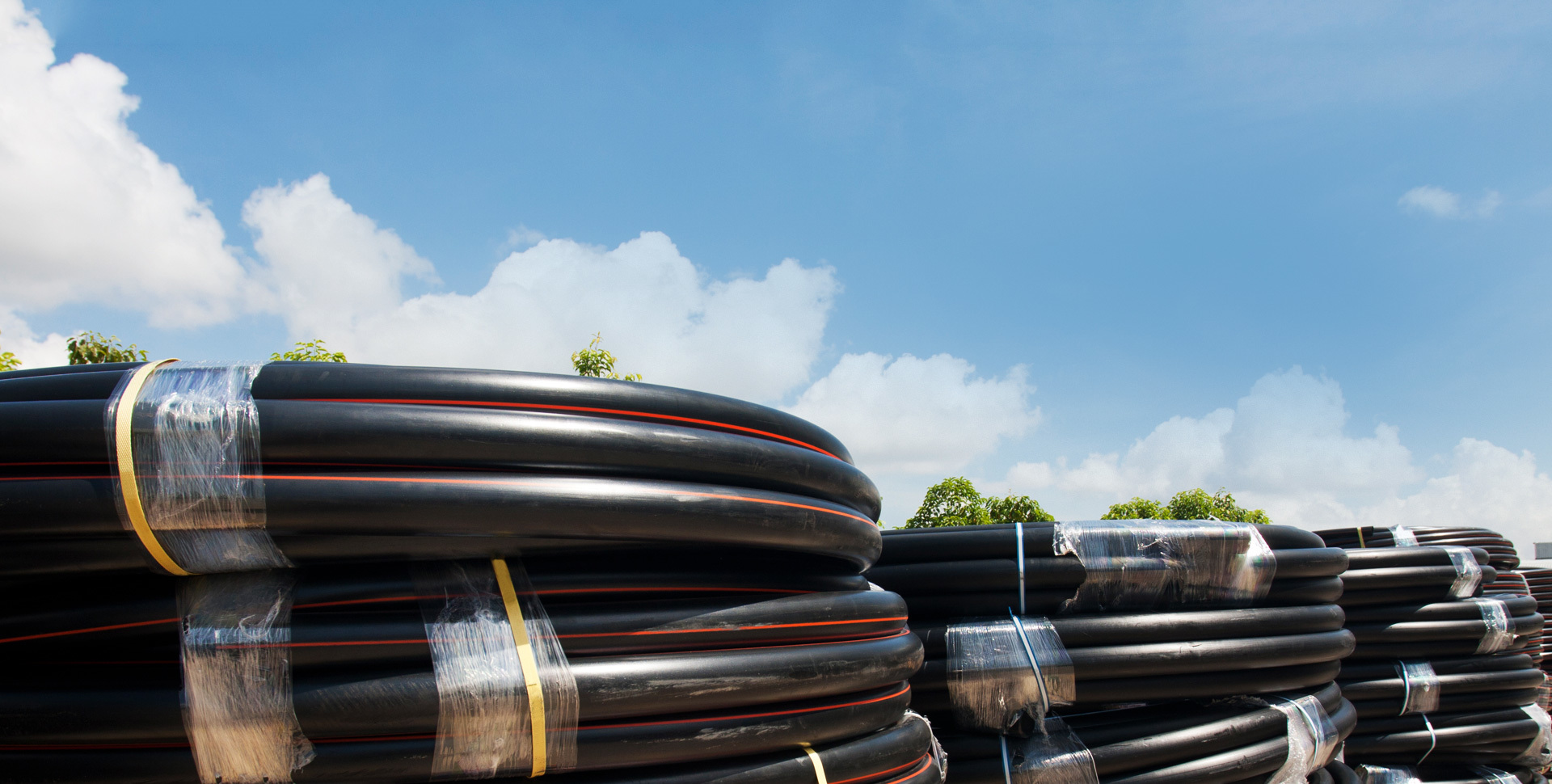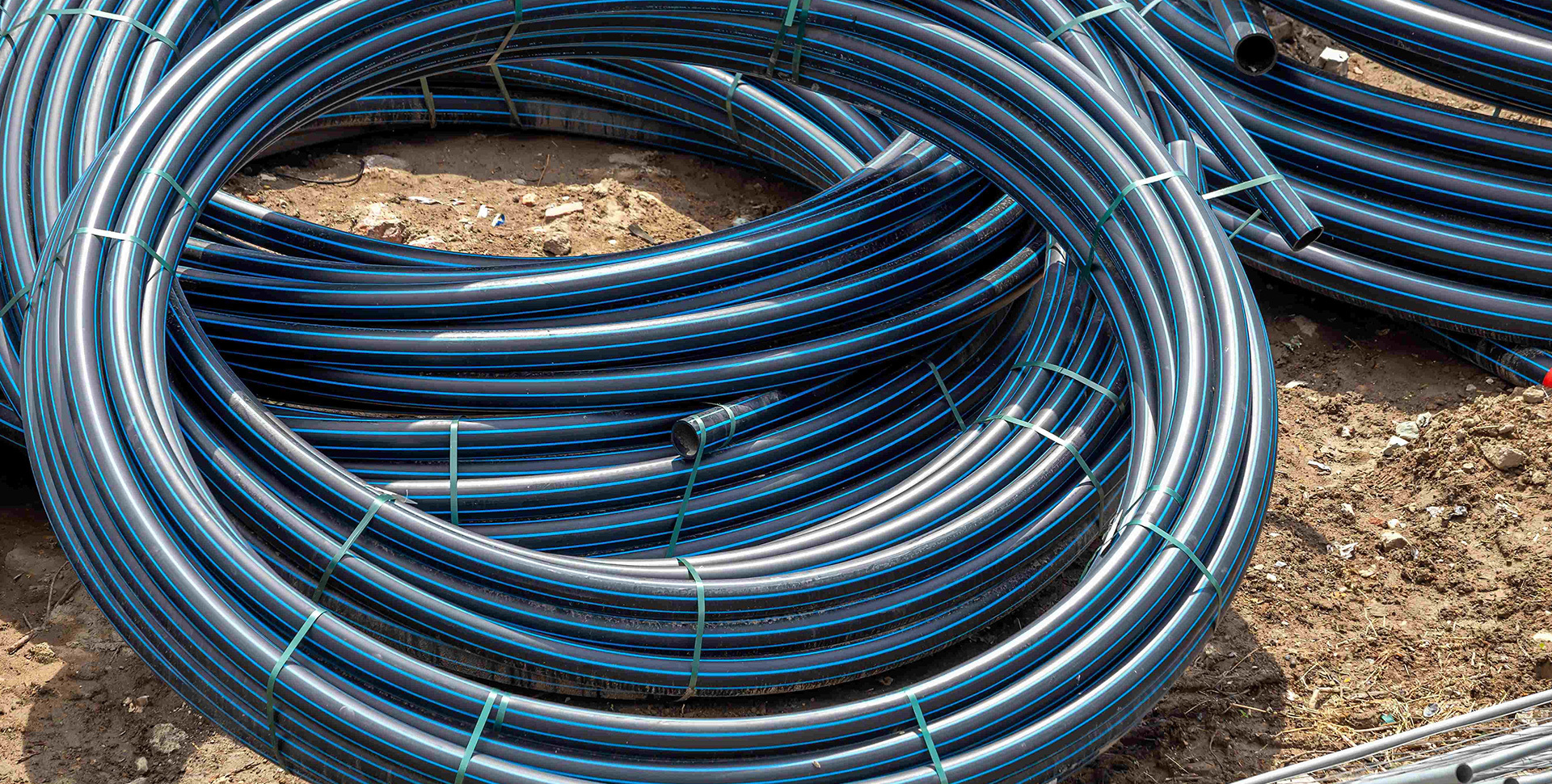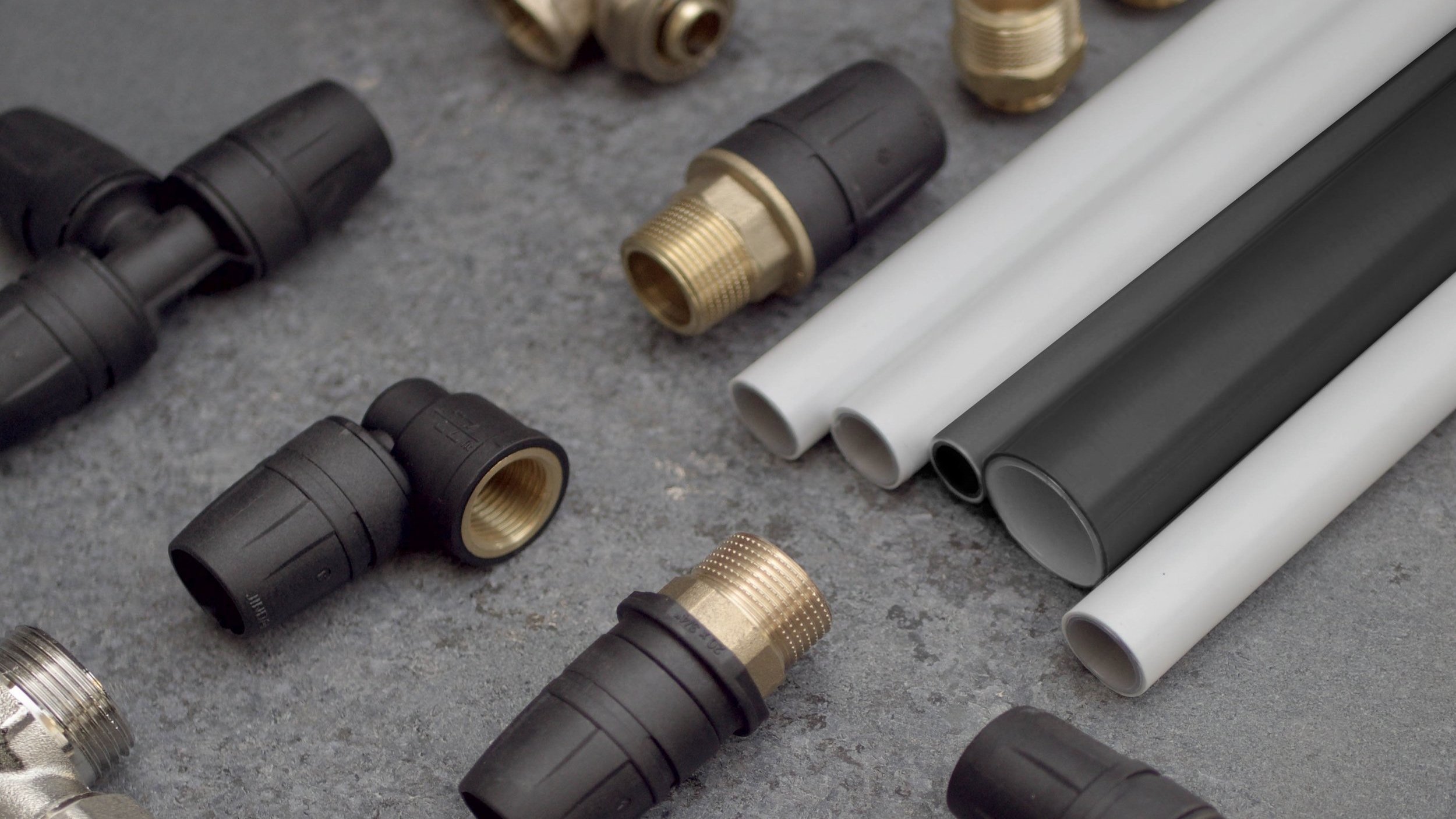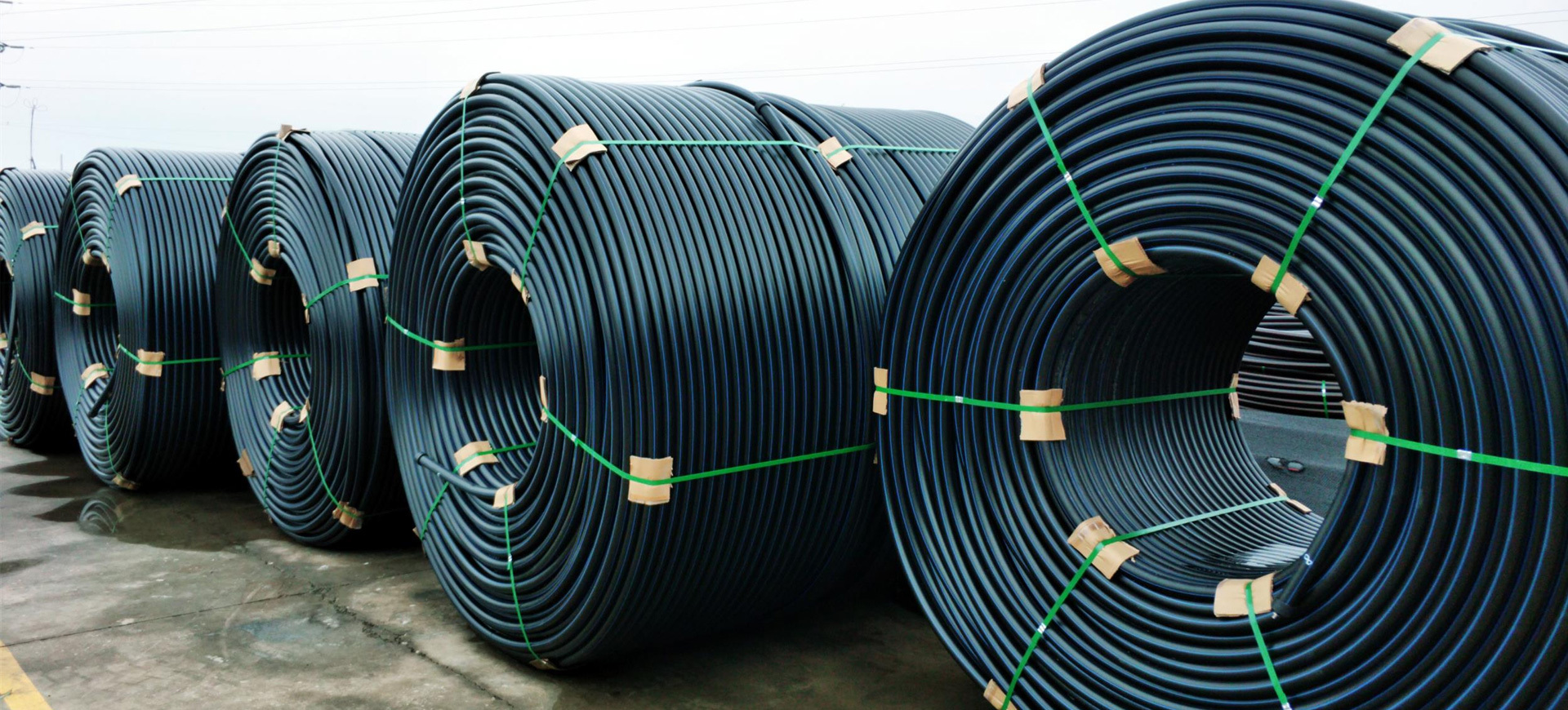Sustainable Solutions: How Microtube Cluster Tubes Can Significantly Reduce Environmental Impact
May 14,2025
Sustainable Solutions: How Microtube Cluster Tubes Can Significantly Reduce Environmental Impact
Table of Contents
- 1. Introduction to Microtube Cluster Tubes
- 2. What Are Microtube Cluster Tubes?
- 3. Benefits of Microtube Cluster Tubes
- 4. Applications of Microtube Cluster Tubes in Various Industries
- 5. Integrating Microtube Cluster Tubes with Sustainable Practices
- 6. The Future of Microtube Cluster Tubes in Sustainability
- 7. Frequently Asked Questions (FAQs)
- 8. Conclusion
1. Introduction to Microtube Cluster Tubes
As sustainability becomes a pressing concern across industries, innovative solutions are key to minimizing environmental impact. **Microtube cluster tubes** have emerged as a transformative technology in the realm of construction and decorative materials. These tubes not only simplify complex systems but also contribute significantly to reducing waste and enhancing overall efficiency. In this article, we will delve into the myriad benefits and applications of microtube cluster tubes, emphasizing their role in sustainable practices.
2. What Are Microtube Cluster Tubes?
Microtube cluster tubes are small-diameter tubes that are grouped together in a cluster formation. This design allows for the efficient transportation of fluids and gases while minimizing leakage and energy loss. These tubes are typically made from durable materials such as PVC, polyethylene, or advanced polymers, ensuring longevity and resilience.
The clustered design not only enhances performance but also reduces the amount of raw material required, ultimately leading to a lower environmental footprint. This innovative approach aligns perfectly with modern sustainability goals, making microtube cluster tubes a preferred choice for environmentally conscious businesses.
3. Benefits of Microtube Cluster Tubes
Microtube cluster tubes offer a range of benefits that make them an attractive option for businesses looking to adopt sustainable practices.
3.1. Reducing Environmental Impact
The primary advantage of microtube cluster tubes is their ability to significantly reduce environmental impact. By optimizing material usage and minimizing waste, these tubes contribute to a circular economy. Their compact design reduces the carbon footprint associated with transportation and installation, leading to lower emissions overall.
Moreover, the durable nature of microtube cluster tubes means they require less frequent replacement, which further decreases waste generation and resource consumption. This aspect is crucial in industries like construction, where resource depletion has far-reaching consequences.
3.2. Energy Efficiency and Cost-effectiveness
In addition to reducing environmental impact, microtube cluster tubes enhance energy efficiency. Their design allows for smoother flow, resulting in lower energy consumption for pumping systems. This not only leads to reduced operational costs but also contributes to lower greenhouse gas emissions.
From a financial perspective, the initial investment in microtube cluster tubes can be offset by the long-term savings generated through lower energy costs and reduced maintenance requirements. This combination of sustainability and cost-effectiveness makes them an intelligent choice for businesses seeking to improve their bottom line while being eco-friendly.
4. Applications of Microtube Cluster Tubes in Various Industries
The versatility of microtube cluster tubes allows them to be utilized across various industries, revolutionizing traditional practices and enhancing sustainability.
4.1. Microtube Cluster Tubes in Construction
In the construction industry, these tubes can be employed for plumbing, heating, and cooling systems. Their reduced size and lightweight nature make them easier to install, resulting in lower labor costs. Furthermore, by minimizing material waste during construction, microtube cluster tubes contribute to more sustainable building practices.
Their ability to transport fluids efficiently also enhances the functionality of HVAC systems, making them more energy-efficient and environmentally friendly. As sustainable building practices gain traction, incorporating microtube cluster tubes can be a key differentiator for forward-thinking construction firms.
4.2. Microtube Cluster Tubes in Decorative Materials
Microtube cluster tubes are not limited to functional uses; they also find applications in decorative materials. Designers and architects are increasingly using these tubes in innovative ways to create visually stunning installations. From artistic displays to architectural elements, their unique design allows for creativity while maintaining functionality.
By integrating microtube cluster tubes into decorative elements, businesses can offer environmentally friendly alternatives that align with consumer preferences for sustainability. This trend not only enhances aesthetic appeal but also reinforces a company's commitment to eco-conscious practices.
5. Integrating Microtube Cluster Tubes with Sustainable Practices
To maximize the benefits of microtube cluster tubes, businesses should integrate their use with broader sustainable practices. This can include implementing recycling programs, using renewable energy sources, and fostering a culture of sustainability within the organization.
Training employees on the advantages of microtube cluster tubes and encouraging innovative uses can also promote sustainability. By aligning the usage of these tubes with a comprehensive sustainability strategy, companies can amplify their positive impact on the environment and build brand loyalty among eco-conscious consumers.
6. The Future of Microtube Cluster Tubes in Sustainability
The future of microtube cluster tubes is promising, as innovations continue to emerge in material science and design. As more industries recognize the importance of sustainability, the demand for these tubes is expected to grow. Manufacturers are likely to explore new materials that enhance durability while further reducing environmental impact.
Moreover, advancements in technology may lead to the development of smart microtube cluster tubes, equipped with sensors to monitor flow rates and detect leaks. These innovations could revolutionize their applications and further contribute to energy efficiency and resource conservation.
Sustainability will remain at the forefront of consumer preferences, pushing businesses to adopt more innovative solutions like microtube cluster tubes. Companies that adapt to these changing dynamics will position themselves as leaders in sustainability, ultimately benefiting from increased market share and customer loyalty.
7. Frequently Asked Questions (FAQs)
What materials are microtube cluster tubes made from?
Microtube cluster tubes are commonly made from durable materials such as PVC, polyethylene, and advanced polymers. These materials ensure resilience and longevity while minimizing environmental impact.
How do microtube cluster tubes reduce waste?
Their compact design and efficient functionality optimize material usage, leading to reduced waste during manufacturing and installation. Additionally, their durability means they require less frequent replacement, further decreasing waste generation.
Can microtube cluster tubes be recycled?
Yes, microtube cluster tubes can be recycled depending on the material. Businesses should establish clear recycling programs to ensure proper disposal and reprocessing.
What industries benefit the most from microtube cluster tubes?
Industries such as construction, HVAC, and decorative design benefit significantly from microtube cluster tubes due to their efficiency, sustainability, and versatility.
Are microtube cluster tubes cost-effective?
Yes, while the initial investment may be higher, the long-term savings achieved through reduced energy costs and maintenance make microtube cluster tubes a cost-effective solution for businesses.
8. Conclusion
Microtube cluster tubes represent a groundbreaking solution in the quest for sustainability within the building and decorative materials industry. By significantly reducing environmental impact, enhancing energy efficiency, and offering versatile applications, these tubes are poised to play a pivotal role in shaping the future of eco-friendly practices. As industries continue to embrace sustainable alternatives, integrating microtube cluster tubes can lead to substantial benefits for both businesses and the environment. The future of sustainability lies in innovative solutions like microtube cluster tubes, and their adoption will undoubtedly pave the way for a greener world.
Latest News





